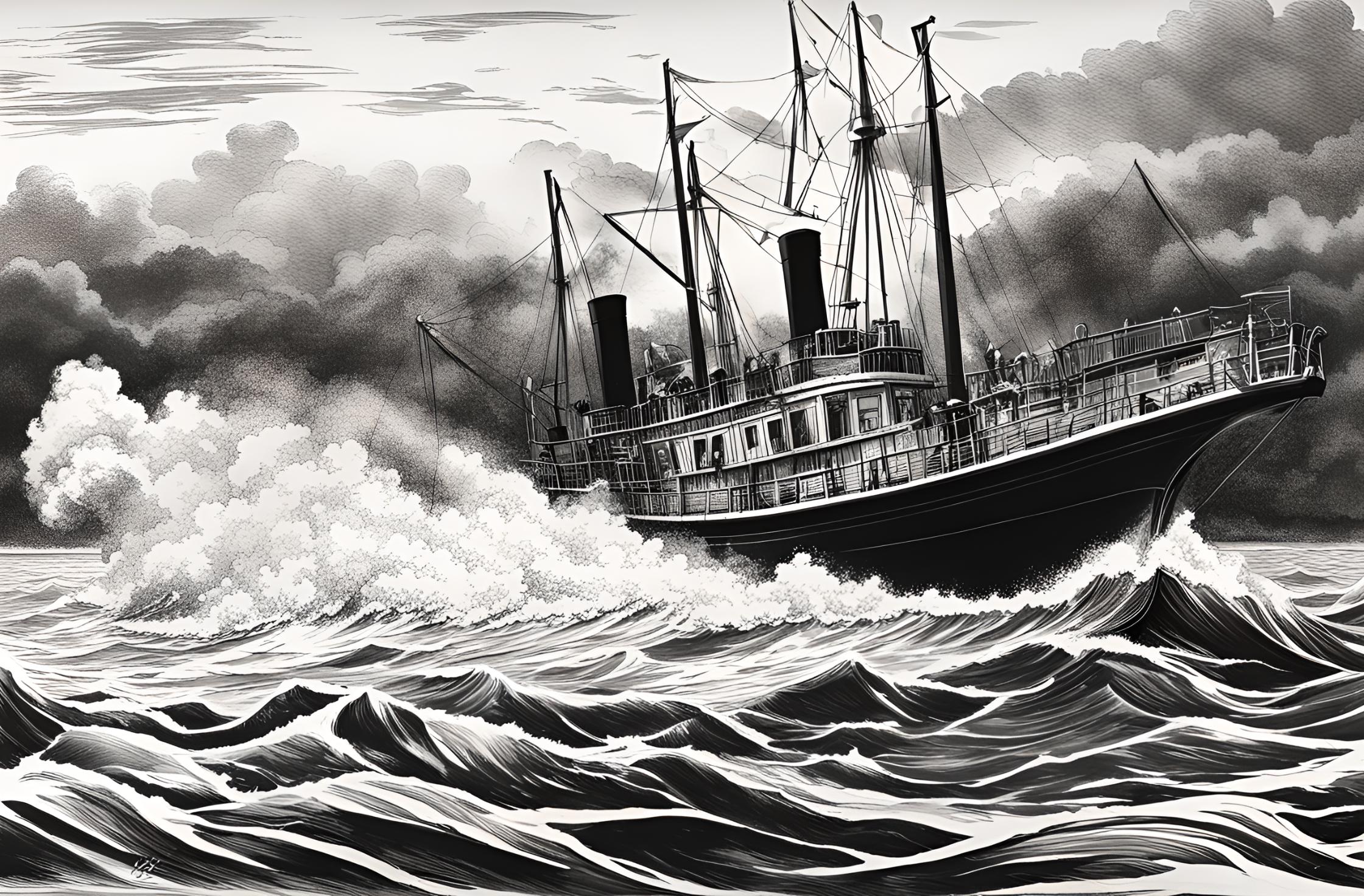Flashback to October 9
American History

1970
The Laguna Fire starts in San Diego County, California, burning 175,425 acres (710 km²).
Read moreOn September 26, 1970, a historical natural disaster struck San Diego County, California, where the infamous Laguna Fire, also referred to as the Laguna Mountain Fire, ignited. The fire spread through 175,425 acres (710 km²) of land, leaving a tale of destruction and resilience in its wake. This particular event has been deeply ingrained in the environmental history of San Diego County and stands as a monumental incident in California’s broader fire management and mitigation pathway.
The Laguna Fire began on a seemingly ordinary day, the cause traced back to the downing of power lines by forceful, gusty winds near the intersection of Interstate 8 and Sunrise Highway. What initially seemed like a manageable forest fire quickly escalated to an uncontrollable wildfire due to the unyielding Santa Ana Winds, exacerbating the situation to a level of unprecedented danger.
Within 24 hours of its inception, the fire aggressively consumed a staggering 175,425 acres of vegetation, greatly motivated by the winds’ relentless fervor and the region’s critically dry conditions. This wildfire had wide-reaching implications, not only affecting ecological systems but also severely impacting human lives and infrastructure. Thousands of people were forced to evacuate and the fire destroyed over 400 homes.
The aftermath left San Diego in a state of shared shock and solidarity. Losses were mourned yet survival was celebrated as communities came together in the face of crisis. This tragic event underscored the importance of proactive fire mitigation strategies, efficient evacuation plans, and resilient infrastructure, forever changing policy and attitudes towards fire management in San Diego County.
The lessons learned from this unbelievably large wildfire and the corresponding disaster response were significant. Following the event, changes were implemented in an effort to prevent such large-scale destruction from happening again. Fire policies were reevaluated, and huge investments were poured into regional firefighting infrastructures, tools, and procedures. San Diego County ramped up its efforts in fire prevention, detection and control, markedly improving its preparedness and response capability.
Public awareness campaigns were launched to involve citizens in fire safety efforts. These programs highlighted the importance of clearing hazardous fuels, devising family evacuation plans, and safekeeping important documents. Dialogues on urban-planning and land-management matured, with the prevailing conditions becoming a reminder of the importance of building disaster-resilient communities.
Throughout the years, the memory of the Laguna Fire has served as a reminder of the colossal power of wildfires, spurring ongoing research and innovative approaches to fire management. Ranging from scientific studies to understand such wildfires’ behavior and effects, to leveraging technological advancements in remote sensing, geospatial mapping, and data analysis. The advent of new technology has enabled more precise monitoring, prediction, and control of wildfires in California.
the Laguna Fire of 1970 holds great significance for San Diego County and the state of California. Its magnitude of destruction taught invaluable lessons that brought substantial changes in fire safety and management policies. The wildfire ignited a region-wide transformation in disaster preparedness and response approaches. This event, etched in the memories of San Diegans, continues to influence contemporary wildfire management strategies, shaping a future of greater resilience and preparedness.
We strive for accuracy. If you see something that doesn't look right, click here to contact us!
Sponsored Content

Steamboat “Home” sinks off…
Tragedy struck Okracoke, North…

General Motors Corp share…
On October 9, 2008,…

In the USA, the…
Experience history firsthand as…

Father Francisco Palou founds…
"Father Francisco Palou made…

